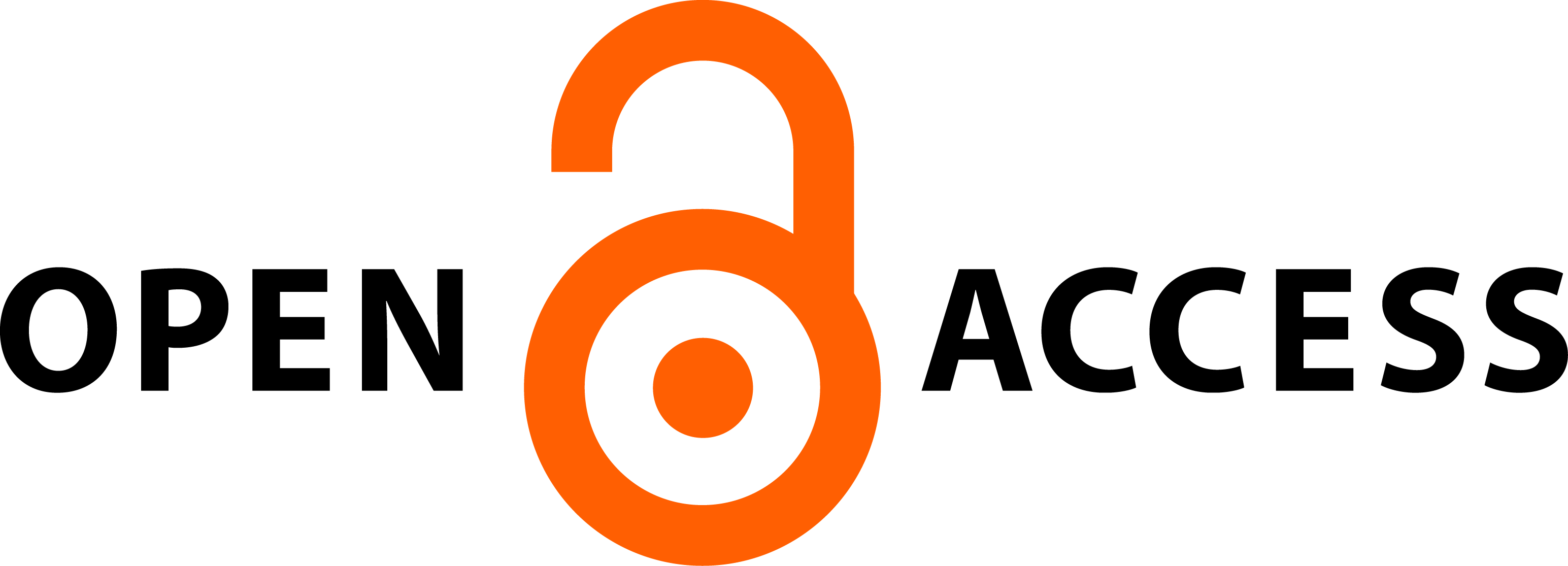Model Pengawasan Keuangan pada Badan Layanan Umum Daerah (BLUD) di SMK Negeri I Jenangan Ponorogo
DOI:
https://doi.org/10.21154/muslimheritage.v6i2.3119Keywords:
Pengawasan Keuangan, BLUD, Akuntabilitas.Abstract
Abstract
The existence of accountability is a key element in implementing the governance of the Regional Public Service Agency (BLUD), the financial supervision mechanism in education in the regions is very important for the realization of good governance. So that the problem of irregularities and manipulating the Road Order (SPJ) with fictitious receipts can no longer be done. SMK Negeri I Jenangan Ponorogo applies a model of administrative financial supervision and a managerial supervision model solely to create accountability, both accountability from leaders to their subordinates, and accountability from leaders to local governments. This study aims to describe the supervision of the financial administration of BLUD and supervision of BLUD managerial financial management in increasing accountability at SMKN 1 Jenangan Ponorogo. This research uses descriptive qualitative research with a case study approach. Data collection techniques through observation, interviews, in-depth and documentation. The analysis technique with an interactive model is carried out in four stages, namely data collection, data reduction, data presentation, and drawing conclusions. The results of this study are firstly supervision of BLUD financial administration which includes financial supervision: BLUD services, utilization of BLUD assets, implementation and training, secondly BLUD financial managerial supervision which includes supervision of budget user officials, supervision of budget administration officials and supervision of technical officials.
Abstrak
Keberadaan akuntabilitas merupakan unsur pokok penerapan tata kelola Badan Layanan Umum Daerah (BLUD), mekanisme pengawasan keuangan dalam pendidikan di daerah sangat penting untuk terwujudnya pemerintahan yang baik. Sehingga permasalahan penyimpangan dan memanipulasi Surat Perintah Jalan (SPJ) dengan kuitansi fiktif tidak dapat dilakukan lagi. SMK Negeri I Jenangan Ponorogo menerapkan model pengawasan keuangan administrasi dan model pengawasan manajerial semata-mata untuk menciptakan akuntabilitas baik pertanggungjawaban dari pimpinan kepada bawahannya, dan pertanggungjawaban dari pimpinan kepada pemerintah daerah. Penelitian ini bertujuan untuk mendeskripsikan pengawasan administrasi keuangan BLUD dan pengawasan pengelolaan keuangan manajerial BLUD dalam meningkatkan akuntabilitas di SMKN 1 Jenangan Ponorogo. Penelitian menggunakan penelitian kualitatif deskriptif dengan pendekatan studi kasus. Teknik pengumpulan data melalui observasi, wawancara, mendalam dan dokumentasi. Teknik analisis dengan model interaktif yang dilakukan dengan empat tahapan yaitu pengumpulan data, reduksi data, penyajian data, dan penarikan kesimpulan . Hasil penelitian ini pertama pengawasan administrasi keuangan BLUD yang meliputi pengawasan keuangan: jasa layanan BLUD, pemanfaatan aset BLUD, penyelengaraaan dan pelatihan, kedua pengawasan manajerial keuangan BLUD yang meliputi pengawasan pejabat pengguna anggaran, pengawasan pejabat penatausahaan anggaraan dan pengawasan pejabat teknis.
Downloads
Published
Issue
Section
License
Requirements to be met by the author as follows:
- Author storing copyright and grant the journal right of first publication manuscripts simultaneously with licensed under the Creative Commons Attribution License that allows others to share the work with a statement of the work's authorship and initial publication in this journal.
- Authors can enter into the preparation of additional contractual separately for non-exclusive distribution of a rich version of the journal issue (eg:post it to an institutional repository or publish it in a book), with the recognition of initial publication in this journal.
- Authors are allowed and encouraged to post their work online (eg, in institutional repositories or on their website) prior to and during the submission process, because it can lead to productive exchanges, as well as citations earlier and more severe than published works. (see The Effect of Open Access).

















